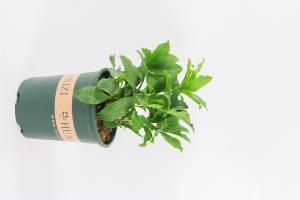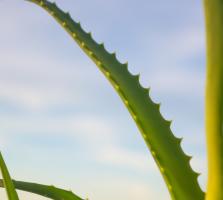Does Pool Water Kill Plants?
Every summer, many homeowners and pool owners alike find themselves wondering whether pool water can be used to hydrate plants. After all, with pool water readily available, it may seem like the most convenient option. However, there are a few things you need to know before you start watering your plants with pool water.
The Effects of Chlorine on Plants
Chlorine is often added to pool water to kill bacteria and other microorganisms. Unfortunately, chlorine can be harmful to plants if it is not diluted enough. In high doses, chlorine can burn plants, turn leaves brown, and even kill them. Chlorine can also interfere with a plant's ability to absorb nutrients, leading to stunted growth or even death.
Other Chemicals in Pool Water
In addition to chlorine, pool water can contain other harmful chemicals that can have a negative impact on plants. Salt, for example, can cause soil salinity, which can affect a plant's ability to absorb water and nutrients. In some cases, the pH levels in pool water can be too high or too low for plants, making it difficult for them to thrive.
Alternatives to Pool Water
Given the potential danger that pool water can pose to your plants, it's best to use alternative sources when it comes to watering your plants. Rainwater is an excellent option, as it is free of chemicals and is packed with essential nutrients that plants need to grow. You can collect rainwater by setting up a rain barrel or other collection method.
You can also use tap water, which typically contains the necessary minerals that plants need to grow. If you're worried about the chemicals in tap water, you can purchase a water filter or add a chlorine-neutralizing agent to your tap water. This will not only help your plants, but it will also make your water taste better.
Conclusion
In conclusion, while pool water may seem like an easy and accessible option for watering your plants, its high content of chemicals, including chlorine, salt, and other harmful materials, can make it dangerous and even deadly for your plants. Instead, consider using rainwater or tap water sources that are safer and healthier for your plants. This will ensure that your plants are receiving the necessary nutrients to grow and thrive, keeping your garden looking healthy and beautiful all season long.

 how many times do yo...
how many times do yo... how many planted tre...
how many planted tre... how many pine trees ...
how many pine trees ... how many pecan trees...
how many pecan trees... how many plants comp...
how many plants comp... how many plants can ...
how many plants can ... how many plants and ...
how many plants and ... how many pepper plan...
how many pepper plan...
































